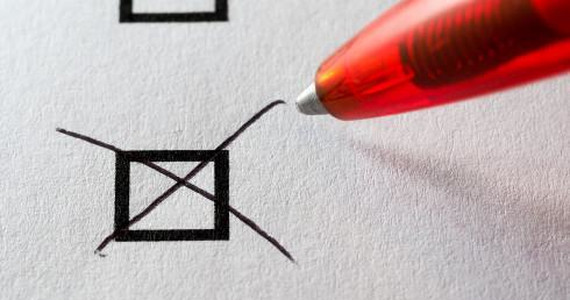The political system of Great Britain is a parliamentary monarchy, which includes a ministerial council and a parliamentary system. In addition, what distinguishes the British political system is the two-party system and the shadow government work associated with it.
Parliamentary Elections in Great Britain – The British system of single-member constituencies
The British Parliament consists of three important organs in the country: the House of Commons, which is the House of Representatives, and the House of Lords, which is the Senate and the King (currently Queen Elizabeth II). The numerical composition of the House of Commons is variable and depends on the number of individual constituencies.
The United Kingdom of Great Britain and Northern Ireland is currently divided into 650 geographical constituencies, of which 553 are in England, 59 in Scotland, 40 in Wales and 18 in Northern Ireland. There is an average of one electoral district for 69,000 people. Population, county boundaries are corrected on average once every 10 years. Only one member of the House of Commons enters from each electoral district.
It should be noted, however, that Scotland has a separate Parliament, Wales and Northern Ireland have their own Parliament, and elections are held separately.
Parliamentary elections in Great Britain
The British system of single-member constituencies is used during the House of Commons elections, which is equivalent to the Polish House of Representatives. The House of Commons is the only superpower in power
Britain, with the exception of local government authorities, is elected by popular vote. The House of Lords is an unelected body and its composition and structure is determined by the centuries-old traditions of the United Kingdom.
The term of office of the House of Commons has not been precisely defined, although a September 2011 act set five years as the maximum term for the UK Parliament. After them
After the expiration date, new elections must be announced. There is, of course, the possibility of holding early elections, but this is only possible in two cases:
– when the House of Commons votes on a no-confidence vote in the government and a new government cannot be formed within 14 days, which will receive a vote of confidence;
When two-thirds of the total number of members of the House of Commons decide to call early elections.
In Great Britain, citizens 18 years and over are eligible to vote and vote. Not only citizens of the Commonwealth of Nations and the Republic of Ireland, but also immigrants who have already obtained residency status, have the right to vote in elections to the British Parliament. However, a large group is excluded from voting in the election.
Lords, serving prisoners, the mentally ill, and persons convicted of electoral offenses are denied voting rights. On the other hand, the British monarch has the right to vote.
Parliamentary Election in Great Britain – How Do You Vote?
Parliamentary elections in Great Britain always take place on Thursdays, usually in early spring and often in May. Voters have only one vote at their disposal. They vote by placing an X next to the name of their choice. Candidates for the House of Commons are listed in alphabetical order on the ballot.
You can vote not only at the polling station, but also by post or proxy. If the voter is disabled or illiterate, he may seek the assistance of a member of the Electoral Commission. It should be noted that voting cards in Great Britain have serial numbers. This is to prevent counterfeiting.
Parliamentary Elections in Great Britain – What Next After the Election
The party that received the most votes in the House of Commons elections forms the government. The king is the one who entrusts the leader of the winning party with the post of prime minister, who then determines the composition and structure of the cabinet, the number of ministries, and the scope of their duties.
Interestingly, the largest opposition party appoints its government with a full ministerial team. This is the so-called shadow treasury, ready to take power in Britain at any time if needed. The Leader of the Opposition automatically assumes the position of Leader of the Opposition to Her Majesty and receives a service salary of three fifths of that of the Prime Minister.







